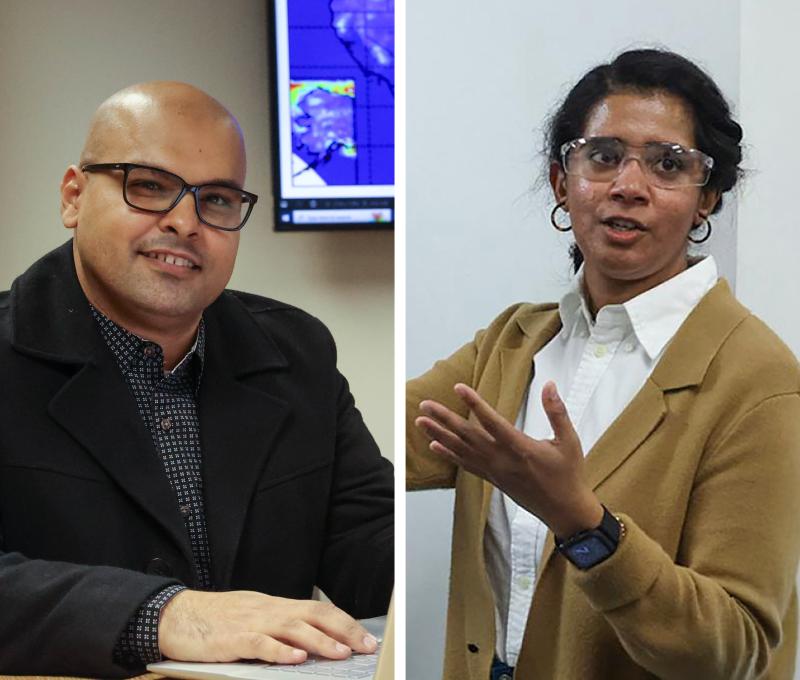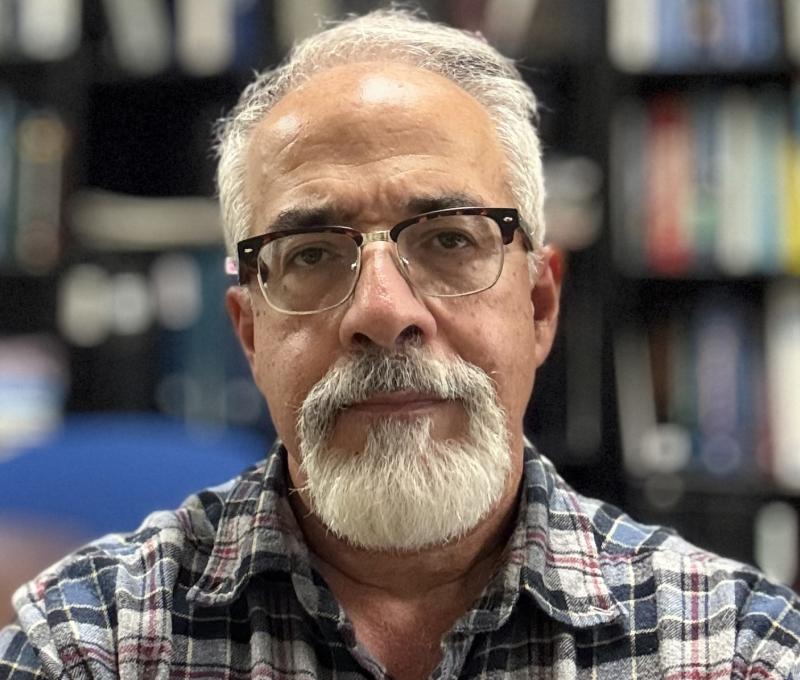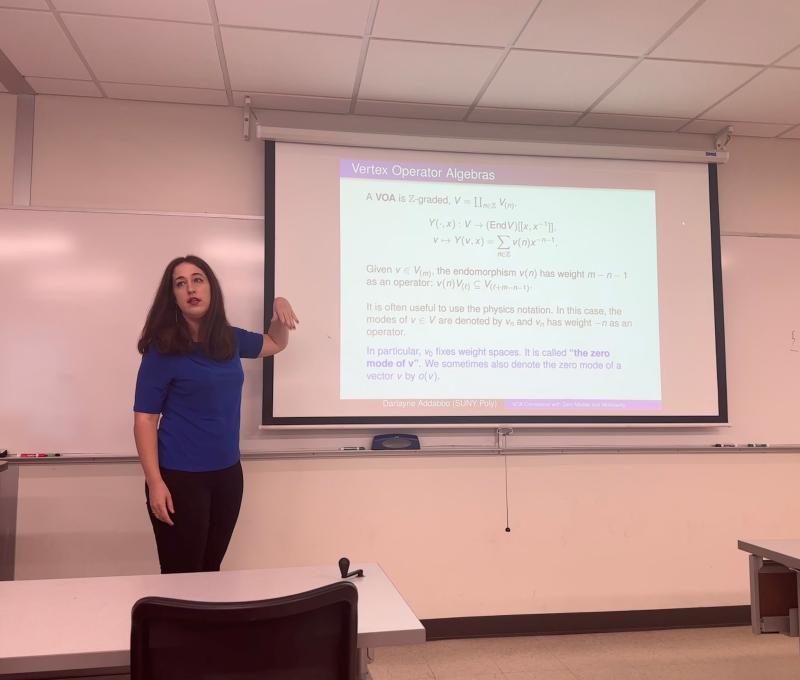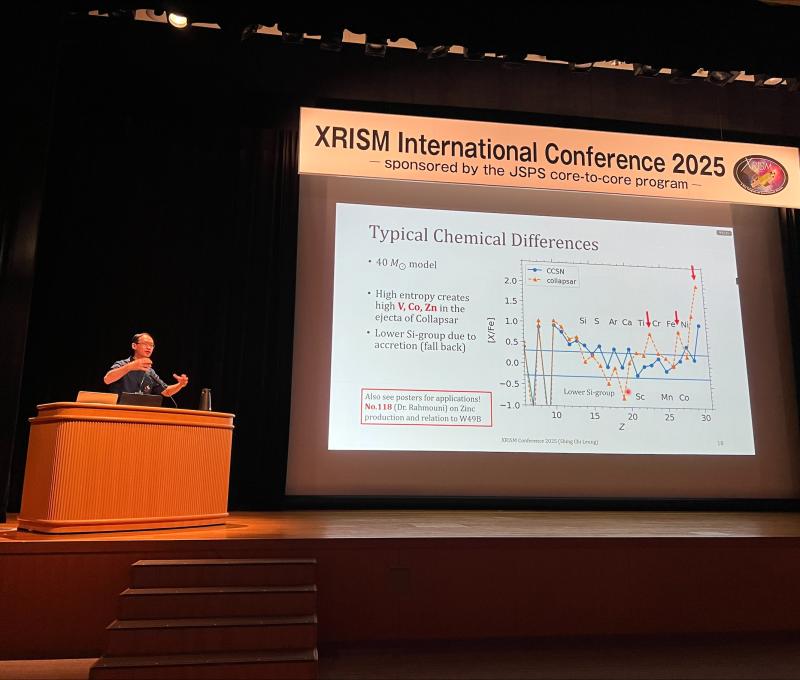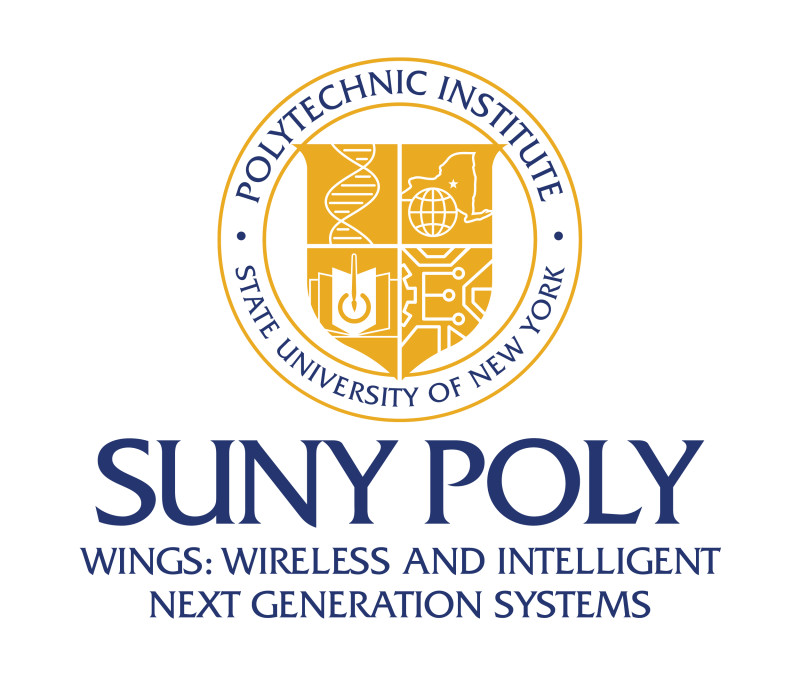Professor Emeritus Dr. Sala Qazi shares latest remote access tools for STEM programs, donates thousands of books

Dr. Sala Qazi, Professor Emeritus, made a joint presentation (virtual) in a workshop at the 18th International IEEE Conference HONET 2021 on Smart Communities: Improving Quality of Life using ICT, IoT. The annual conference was co-organized by the University of North Carolina, Charlotte, NC and NED University of Engineering and Technology, Karachi, Pakistan on October 11-13, 2021. The topic of the presentation was “Web-based Simulations and Remote Access Visualization Tools for Science & Engineering Programs.” The presentation was given by Dr. Ahmed S. Khan, Fulbright Specialist Scholar, Fulbright/World Learning Inc, Oak Brook, IL, Dr. Sala Qazi, Professor Emeritus, SUNY Polytechnic Institute, Utica, NY; and Dr. Atilla Ozgur Cakmak, Department of Engineering Science and Mechanics, Penn State University, University Park, PA.
Dr. Sala Qazi also submitted a joint presentation on “Simulation and Visualization Tools for Nanotechnology Curricula,” at the High Impact Technology Exchange (Hi-TEC) Conference (virtual on demand session) on July 21-22, 2021. It was given by Dr. Ahmed S. Khan, Fulbright Specialist Scholar, Fulbright/World Learning Inc, Oak Brook, IL, Dr. Sala Qazi, Professor Emeritus, SUNY Polytechnic Institute, Utica, NY; and Dr. Atilla Ozgur Cakmak, Department of Engineering Science and Mechanics, Penn State University, University Park, PA.
Dr. Sala Qazi and Dr. Ahmed S. Khan helped to donate 15,000 books to the Library of NED University of Engineering & Technology, Karachi, Pakistan in collaboration with Books for International Goodwill (BIG) in February 2021. BIG is a nonprofit entity based in Annapolis, Maryland that has distributed over 9 million books since 1989 around the globe to increase literacy and knowledge. The 15,000 books that was shipped included books on science, technology, engineering, medicine, social sciences, and non-fiction.

